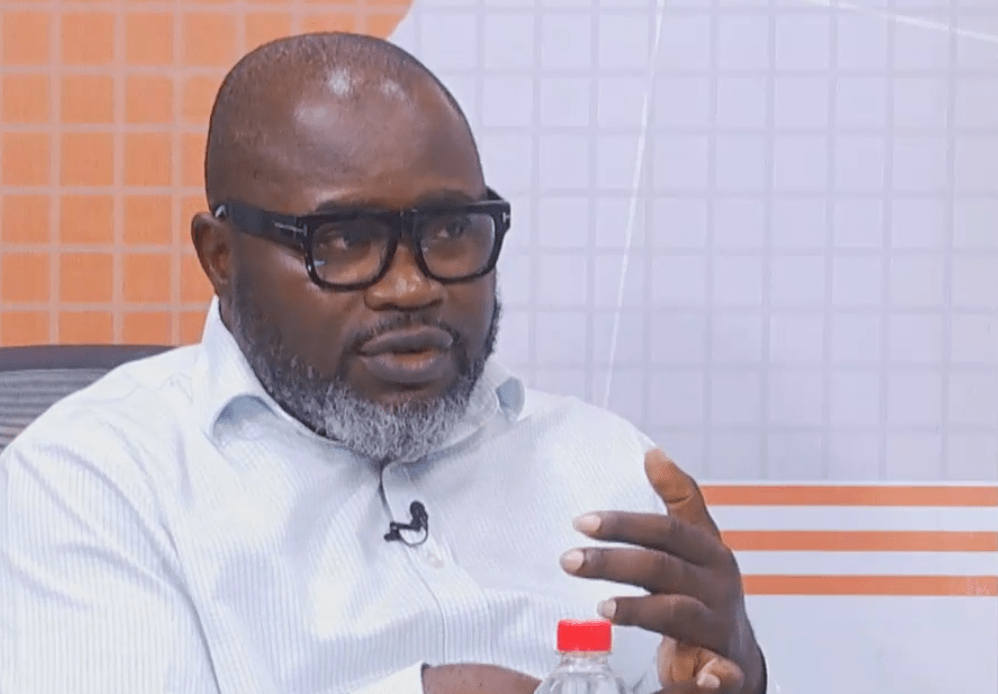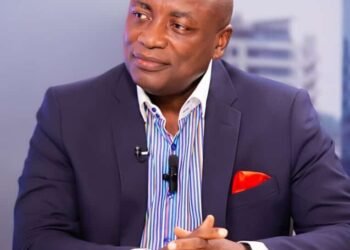Kofi Asare, Executive Director of Eduwatch Africa, has confirmed that President John Dramani Mahama’s claim about allocating the highest basic education budget in 50 years is accurate.
According to Asare, the 2025 government budget earmarked GHC 9.1 billion for basic education, representing 21.6% of the total education budget. This figure includes GHC 7.8 billion from the main budget and GHC 1.3 billion from the Ghana Education Trust Fund (GETFund).
Asare emphasized that this allocation is unprecedented in both nominal and real terms. The next highest was recorded in 2024, when GHC 6.5 billion was allocated to basic education. This makes the 2025 allocation a historic milestone in Ghana’s education financing.
“In proportional terms, Basic Education’s share of the 2025 education budget (21.6%) is the highest in the last four years, although allocations were much higher in the pre-Free SHS era.”
Kofi Asare

He further clarified that this figure does not include the GHC 1.2 billion allocated from the District Assemblies Common Fund (DACF) to construct one kindergarten, primary, and junior high school with furniture for every district.
Critics Challenge Fact-Check Outcome On Education Budget
Meanwhile, Asare came under heavy criticism from individuals who claimed he was siding with the government after he confirmed President Mahama’s claim.
He clarified that his analysis was grounded in verifiable data and thorough evaluation, but some critics rejected it merely because the findings did not support their political views.
He expressed disappointment in the reactions, noting that some critics expected him to compile and publish every budget allocation from 1975 to 2025 before they would accept his findings.
“The President indeed made the highest allocation to basic education in 50 years. In fact, it is the highest since the Ancient Ghana Empire.”
Kofi Asare
Asare questioned why a positive fact-check was automatically seen as defending the government, emphasizing that fact-checking must be impartial, whether the outcome is positive or negative.

For historical context, Asare compared past budgets to today’s figures. In 1975, Ghana’s education budget stood at approximately $280 million, serving a student population of about two million.
In contrast, the 2025 education budget is about US$3.4 billion, catering to nearly 10 million students. “How do we even compare, bearing in mind our incremental budget culture?” Asare stated.
He stressed that these comparisons must be understood within the framework of incremental budgeting—a system where budgets gradually increase over time based on available resources and growing needs.
He argued that critics who fail to consider these economic realities when analyzing budgets risk misleading the public.
Defending Data Against Political Spin
Kofi Asare strongly rejected claims that his analysis was meant to shield President Mahama or the ruling National Democratic Congress (NDC) from criticism.
Instead, he maintained that his role as a fact-checker is to provide accurate information to the public, regardless of political implications.
“If it is not true that the GH¢41 billion allocation to education and the GH¢9 billion to basic are the highest ever, then what is the superior fact?
“Look, I cannot run budget analysis comprehension classes for the lunatic fringe. I only serve the humble learner.”
Kofi Asare
He expressed frustration at what he described as a growing tendency for individuals to reject evidence-based findings in favor of partisan narratives.

Asare urged individuals who do not understand how incremental budgeting works to seek formal education on the subject rather than make uninformed criticisms.
The confirmation of this record-breaking budget allocation comes at a time when Ghana’s basic education sector faces numerous challenges, including inadequate infrastructure, teacher shortages, and poor learning outcomes in many rural communities.
Education advocates have long argued that increased funding is essential to address these issues.
The 2025 allocation provides a significant opportunity for policymakers to improve access to quality education, particularly at the foundational level.
Asare’s fact-check reinforces the importance of evidence-driven dialogue in national policy discussions.
While political debates are inevitable, he emphasized that facts must remain central to any meaningful discourse.
By setting the record straight, Eduwatch Africa hopes to encourage constructive conversations about how Ghana’s education budget can be used effectively to transform the sector and secure a brighter future for the nation’s children.
READ ALSO: GCB Bank Soars Nearly 10% to Lead GSE Gainers as Market Ends Without Losers



















